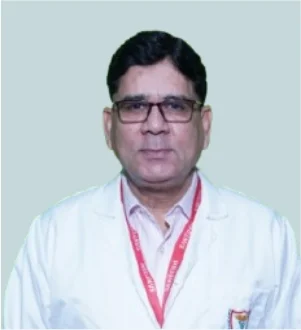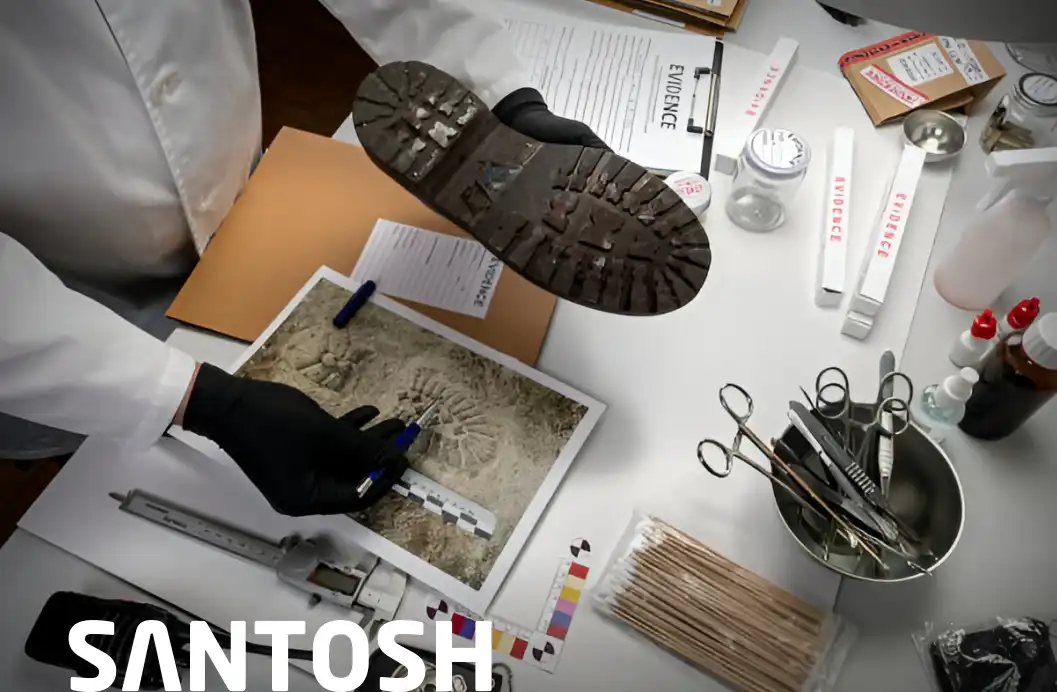Overview
Postgraduate (PG) education in health care plays a critical role in producing specialized professionals who are capable of providing high-quality healthcare and advancing scientific knowledge through research and training. The purpose of PG education is to equip healthcare professionals with the necessary skills and knowledge to provide expert care in their respective fields. Additionally, it helps to standardize and strengthen teaching and learning at the postgraduate level throughout the country.
Forensic medicine is a specialized field that requires in-depth knowledge and skills. The standardization and strengthening of forensic medicine teaching at the postgraduate level will benefit the judiciary and legal systems of the country. This will ultimately lead to better and more efficient delivery of justice, which will benefit the community as a whole. Moreover, it will help achieve uniformity in undergraduate teaching, as the same standards and guidelines will be applied across the country.
The purpose of this document is to provide teachers and learners with illustrative guidelines that define the expected outcomes of learning and assessment. The document was prepared by subject-content specialists, and the Reconciliation Board of Academic Committee has attempted to render uniformity without compromising the purpose and content of the document. Although there may have been some compromise in the purity of syntax, the purpose and content were prioritized.
The use of "domains of learning" under the heading of "competencies" is retained to achieve defined outcomes through learning and assessment. Competencies help to define the required knowledge, skills, and attitudes necessary for learners to achieve the expected outcomes of the PG program. These competencies are necessary to ensure that the PG program produces competent and specialized professionals capable of providing high-quality healthcare and advancing scientific knowledge through research and training.
In conclusion, the purpose of PG education is to produce specialized healthcare professionals capable of providing high-quality healthcare and advancing scientific knowledge through research and training. Standardizing and strengthening teaching and learning at the postgraduate level is critical to achieving this purpose. The guidelines provided in this document will help achieve the defined outcomes of learning and assessment and ensure that learners acquire the necessary competencies to become competent and specialized professionals.
Program Objective:
Program Objective of MD Forensic Medicine:
The Goal of MD Forensic Medicine is to train a doctor to become a competent medico-legal expert, teacher and researcher in the subject who:
- Is aware of medico legal aspects in various settings
- Is aware of contemporary advances and developments in the field of Forensic Medicine
- Has acquired the competencies pertaining to the subject of Forensic Medicine that arerequired to be practiced at all levels of health system
- Is oriented to the principles of research methodology
- Has acquired skills in educating and imparting training to medical, paramedical and allied professionals
A post graduate student, upon successfully qualifying in the M.D (Forensic Medicine) examination, should be able to:
- Become an expert in Forensic Medicine
- Identify and define medico-legal problems as they emerge in the community and work to resolve such problems by planning, implementing, evaluating and modulating Medico-legal services
- Undertake medico-legal responsibilities and discharge medico-legal duties in required settings
- Keep abreast with all recent developments and emerging trends in Forensic Medicine, Medical Ethics and the law
- Deal with general principles and practical problems related to forensic, clinical, emergency, environmental, medico-legal and occupational aspects of toxicology
- Deal with medico-legal aspects of Psychiatry, mental health and drug addiction
- Impart education in Forensic Medicine and Toxicology to under-graduate and post-graduate students with the help of modern teaching aids
- Assess the students’ knowledge and skills in the subject of Forensic Medicine
- Oriented to research methodology and conduct of research in the subject
Curriculum
Assessment:
There shall be four theory papers.
- Paper 1: Basic of Forensic Medicine, basic sciences and allied subjects
- Paper II: Clinical Forensic Medicine and medical jurisprudence
- Paper III: Forensic pathology and toxicology
- Paper IV: recent advances in Forensic Medicine, Forensic Psychiatry and Medical
- Toxicology, applied aspects of clinical disciplines and forensic sciences
Practical Examination:
Practical examination would be spread over two days and should be as follows:
Day 1
- Clinical Cases - (any 4) Age estimation, injury report, examination of an insane person to evaluate criminal/civil responsibility, examination of an intoxicated person, examination of a suspected case of poisoning (acute/chronic), disputed paternity case and sexual offences (accused and victim)
- Spots - (10) Histopathology slides, photographs, exhibit material, X-rays, mounted specimens, bones, poisons and weapons, charts etc
- Toxicology Exercises - (02) Identification and details of common poisons or chemical tests etc
- Laboratory Tests - (01) Identification of biological stains (Semen, Blood, Body fluids), Histopathology slides of medico legal relevance, gram and acid fast staining etc
Day 2
- Postmortem Examination
- Thesis/Seminar Presentation - For assessment of research/teaching ability
- Discussion on a case for expert opinion
- Grand Viva Voce
Teaching & Learning:
- Lectures: Lectures are to be kept to a minimum. They may, however, be employed for teaching certain topics. Lectures may be didactic or integrated. The course shall be of three years, organized in six units (0-5). This modular pattern is a guideline for the department, to organize training. Training programme can be modified depending upon the work load and academic assignments of the department.
- Journal Club & Subject seminars: Both are recommended to be held once a week. All the PG students are expected to attend and actively participate in discussion and enter in the Log Book relevant details. Further, every PG trainee must make a presentation from the allotted journal(s), selected articles and a total of 12 seminar presentations in three years. The presentations would be evaluated and would carry weightage for internal assessment.
- Case Presentations: Minimum of 5 cases to be presented by every PG trainee each year. They should be assessed using check lists and entries made in the log book.
- Clinico-Pathological correlation Conference: Recommended once a month for all post graduate students. Presentation is to be done by rotation. If cases are not available, it could be supplemented by published CPCs.
- Inter-Departmental Meetings: These meetings should be attended by post graduate students and relevant entries must be made in the Log Book.
- Teaching Skills: The postgraduate students shall be required to participate in the teaching and training programme of undergraduate students and interns.
- Continuing Medical Education Programmes (CME): At least two CME programmes should be attended by each student in 3 years.
- Conferences: The student to attend courses, conferences and seminars relevant to the speciality.
Team

Dr. Ashok Sagar
Professor & HOD

Dr. Shilpa Singh
Assistant Professor

Dr. Roopam Mourya
Assistant Professor
Career Prospective
A career in MD Forensic Medicine and Toxicology can offer a range of opportunities in various fields, including healthcare, law enforcement, and academia. Here are some potential career prospects:
- Medico-legal expert: Graduates can work as medico-legal experts in government agencies, hospitals, and private forensic laboratories. They can provide expert opinions on various medico-legal issues, including personal injury cases, insurance claims, and criminal investigations.
- Forensic pathologist: MD Forensic Medicine and Toxicology graduates can work as forensic pathologists, who are responsible for conducting autopsies and determining the cause of death in cases of suspicious or unexpected deaths.
- Toxicologist: Graduates can work as toxicologists, who specialize in the study of the adverse effects of chemicals on living organisms. They can work in a variety of settings, including research labs, pharmaceutical companies, and regulatory agencies.
- Medical examiner: Graduates can work as medical examiners, who are responsible for investigating sudden or unexpected deaths and determining the cause of death.
- Consultant: MD Forensic Medicine and Toxicology graduates can also work as consultants to law enforcement agencies, lawyers, and courts.
- Academic career: Graduates can pursue academic careers as professors, researchers, and educators in medical schools and universities. They can contribute to the advancement of scientific knowledge in the field of forensic medicine and toxicology.
